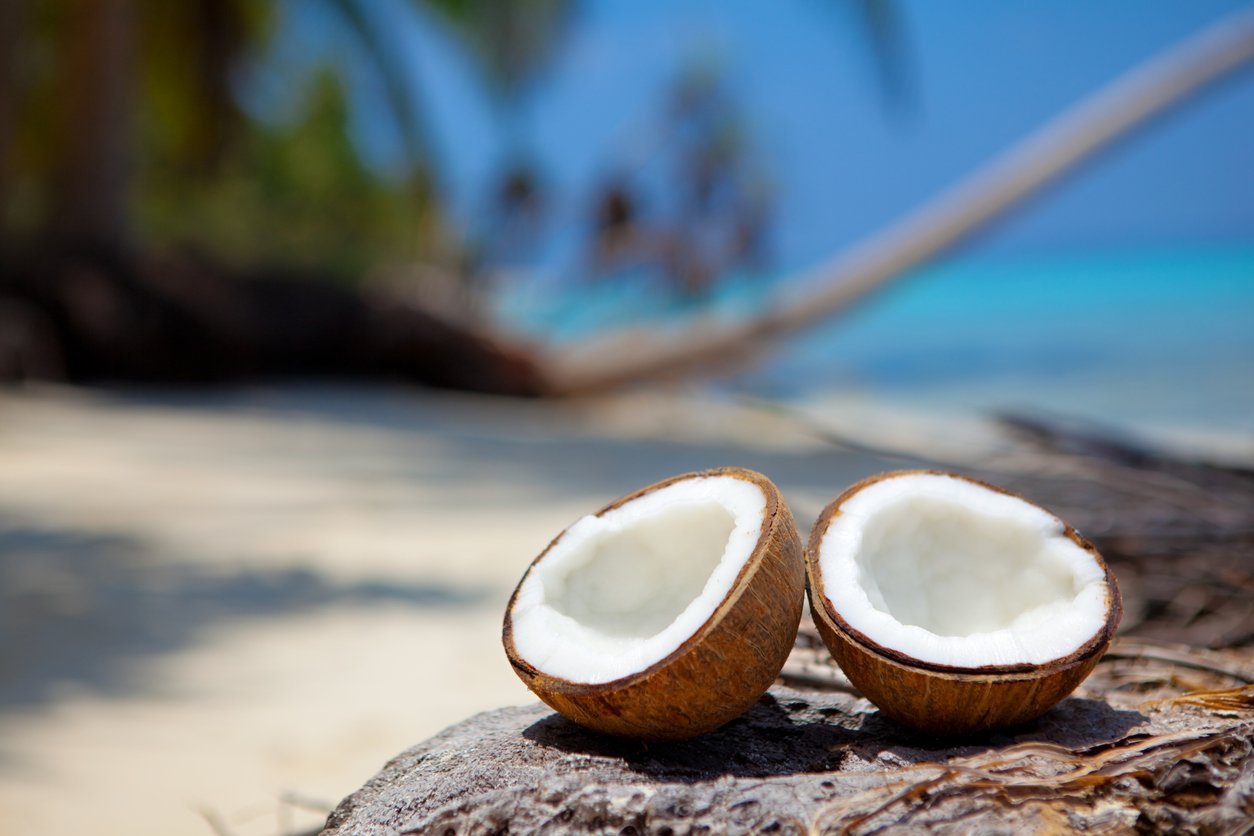It’s the tropical icon of lazy beach days, cocktails, and beauty rituals, but humble coconuts are much more than a holiday cliché. Dubbed the ‘tree of life’ across Asia and the Pacific for centuries, every part of the coconut has a purpose, from the healthy water inside to the useful husk outside.
As we mark World Coconut Day (September 2nd), here are ten surprising ways this sustainable superfruit continues to be a sustainable staple in our diets, beauty regimes, and homes.
Nature’s drink

Long before electrolyte-packed sports drinks filled supermarket shelves, islanders were sipping coconut water for hydration. Low in calories but rich in potassium, magnesium, and natural electrolytes, coconut water has been used for centuries as a natural rehydration drink. Today, it’s a billion-dollar wellness food, but its magic lies in the simplicity of fresh, slightly sweet water, all wrapped up in a biodegradable – or upcyclable – container.
The nutritious pantry staple

Crack open the shell and the white flesh can be eaten raw, toasted, or transformed into countless pantry staples. Coconut milk is the tasty base for everything from Thai curries to vegan desserts. While coconut oil is rich in antioxidants and medium-chain fats that can boost metabolism or support quick energy, it also comes with a catch. It’s extremely high in saturated fat, which can raise both ‘good’ HDL and ‘bad’ LDL cholesterol. For heart health, most experts advise opting for oils rich in unsaturated fat like olive oil, avocado oil, or sunflower oil.
Milk alternative
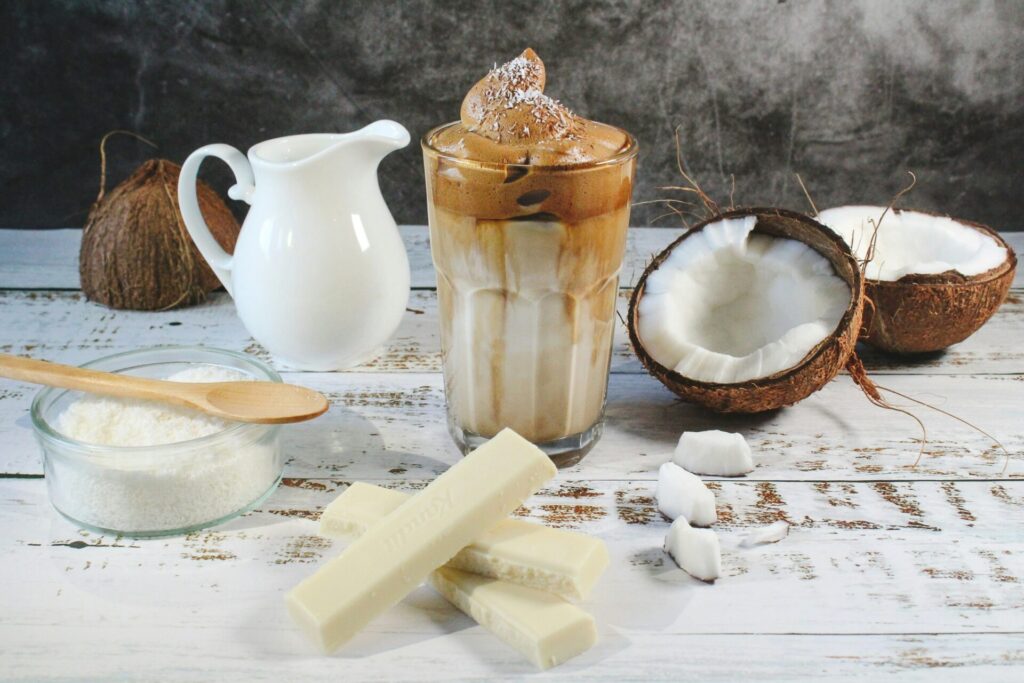
As demand for dairy alternatives soars, coconuts are stepping into the spotlight. Coconut milk contains one-third the calories of cow’s milk and half the fat making it one of the most popular dairy alternatives. Used in drinks like tea, coffee, and matcha they provide a healthy substitute for any recipe that requires conventional milk. Coconut yogurt, coconut milk, and coconut ice cream offer satisfying swaps that have the sweetness but not the extra sugar, while the natural fat content of coconuts also creates a rich texture, making them a favourite for vegans and lactose-intolerant.
Natural beauty star

Long before the rise of glossy supermarket skincare brands, coconut oil was the original beauty multitasker. In India, it’s been massaged into hair and scalp for centuries to promote shine and growth. Across Polynesia, it’s used as a skin softener and natural sunscreen. Modern beauty shelves are catching up: coconut-derived ingredients now feature in moisturisers, lip balms, conditioners, and even natural deodorants. Its antimicrobial properties make it a natural cleanser, while its fatty acids nourish hair and skin, with no synthetic packaging required.
Eco-friendly home essential

Beyond food and beauty, coconuts also play a role in our homes. Coconut coir, the coarse fibres from the husk, can be spun into ropes, mats, and brushes. They also make excellent eco-friendly alternatives to plastic scouring pads. The same fibres, when compressed, are used in mattresses and upholstery, providing breathable, sustainable cushioning. Gardeners prize coir as a natural alternative to peat moss holding moisture, improving soil aeration, and reducing the need for synthetic fertilisers.
Sustainable crockery
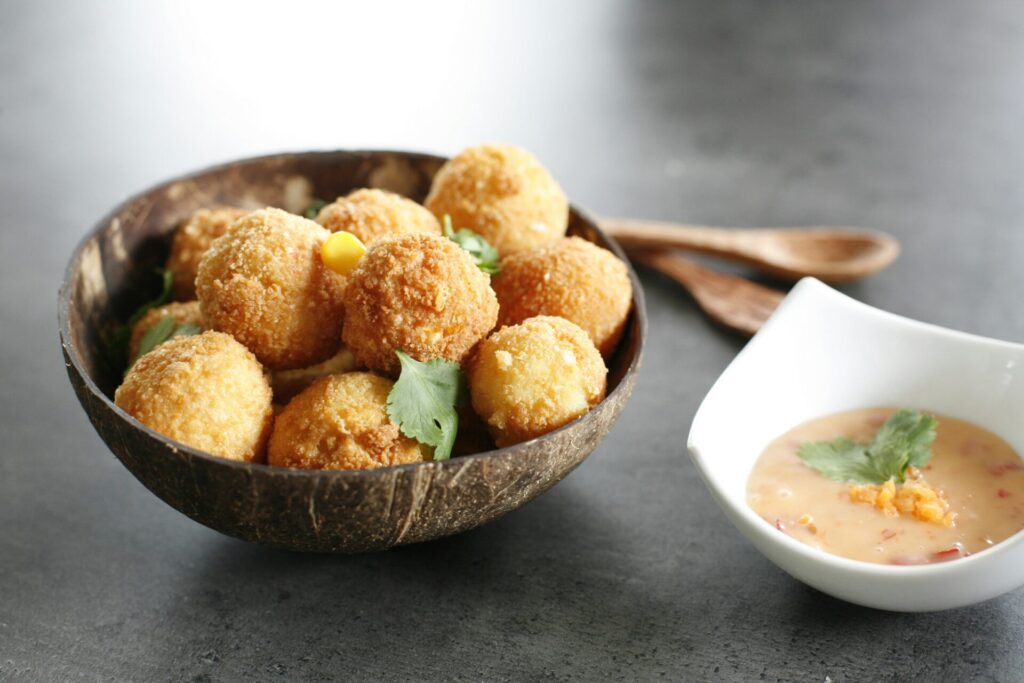
Coconut shells are finding new life as sustainable alternatives to plastics. From polished bowls to biodegradable cutlery, they’re being upcycled into chic, zero-waste products. In some regions, shells are even used to make activated charcoal for water filtration and natural deodorants. Meanwhile, dried coconut husks can be turned into biofuel briquettes, offering communities a renewable energy source.
Traditional medicine
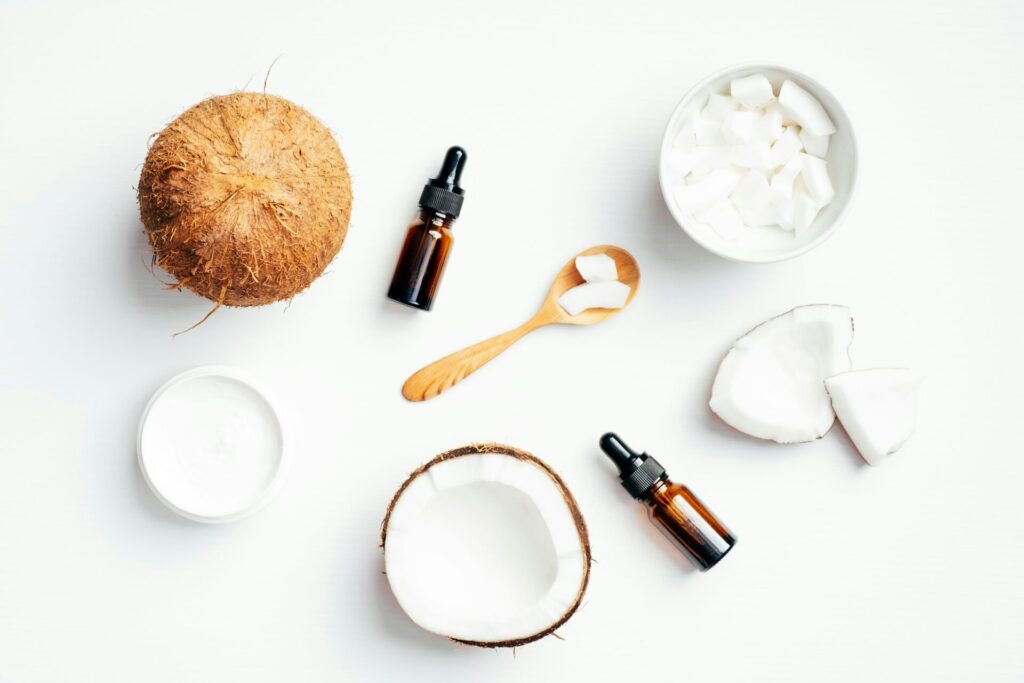
Coconut has long been a cornerstone of Ayurvedic and traditional Pacific Island medicine. Believed to balance body heat, aid digestion, and heal skin conditions, coconut water has also been used to soothe urinary infections and calm the digestive system. While science is still catching up with tradition, modern wellness circles are integrating coconut-based tonics, oils, and supplements into daily routines.
Local farming
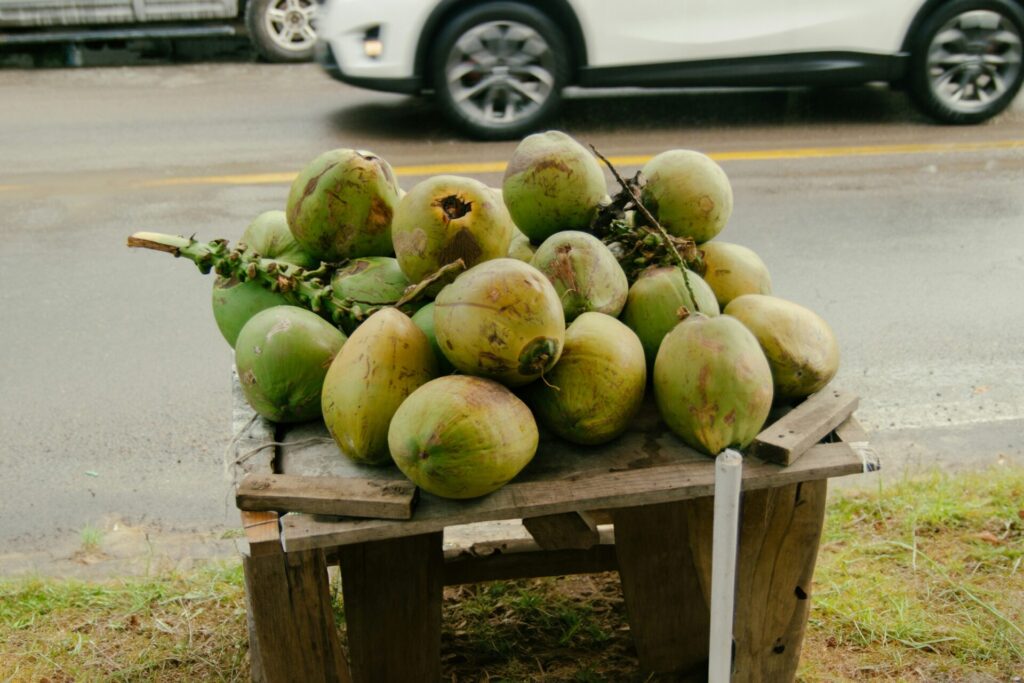
Today, coconuts support millions of farmers across Asia, Africa, and Latin America. The global coconut industry is valued at more than $15 billion, spanning food, beauty, and home goods. But what makes coconuts truly remarkable is that they are still grown mainly by small-scale farmers who rely on every part of the tree for livelihood, from selling tender coconuts at roadside stalls to exporting coconut derivatives worldwide. Buying fair-trade coconut products can support these communities and preserve sustainable agricultural practices.
As the world looks for alternatives to single-use plastics, unsustainable palm oil, and environmentally damaging agriculture, the coconut tree certainly offers a hopeful alternative. This humble fruit may just hold some answers to some of our most pressing sustainability problems.

